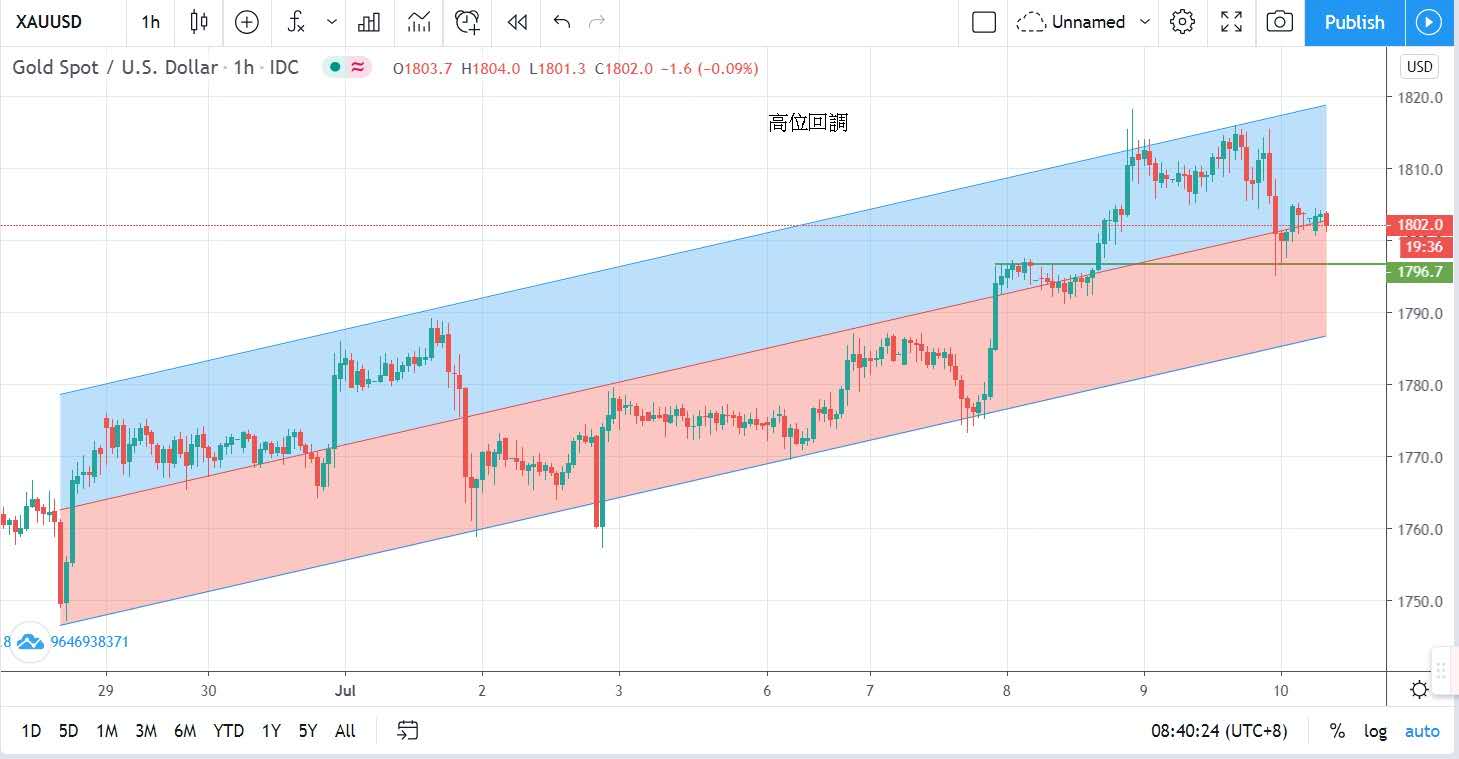Behind the prosperity
Yesterday, the stock markets in Shanghai and Shenzhen continued to rise! Yesterday, China announced the domestic consumer price index, and the published figure increased by 2.5%, which was even better than the 2.4% before novel coronavirus appeared last year!
The good economy stimulates trading, and the two indexes of Shanghai and Shenzhen stock markets have risen for eight consecutive trading days. The Shanghai Composite Index rose 1.39% to 3,450 points, while the Shenzhen Composite Index hit a new high since June 2015, closing at 13,754 points, up 2.6%. But there are hidden worries behind China's prosperity!
The Office of Overseas Assets Control under the U.S. Treasury Department announced yesterday that it had put four senior officials from Xinjiang, China and their families on the list of prohibited entry into the United States, and frozen the assets of the four Chinese officials in the United States.
It also prohibits Americans and institutions or people in the United States from trading property with them. This sanction is based on the United States' belief that these officials seriously violated the human rights of ethnic minorities in Xinjiang.
Including the so-called re-education camps, the essence of which is to arbitrarily detain Uighurs and mistreat them, including forcing them to rebel against the Islamic dogma they believe in, such as forcing Muslims to eat pork or banning them from fasting.
The United States claims that the actions taken are based on the provisions of the Global magnitsky Human Rights Accountability Act, which "prevents the property of people who seriously violate human rights or corruption". U.S. Treasury Secretary Nuchin said,
"The United States promises to make full use of its economic strength to hold accountable those who violate human rights in Xinjiang and around the world. Whether Nuchin's remarks imply that those who violate Hong Kong's human rights will be investigated is unknown.
But what is certain is that Hong Kong is a part of the world. The United state passed that hong kong autonomy act early, which allowed the United States to authorize law enforcement agencies to sanction a serie of self-governing people who harmed hong kong's freedom,
Banks that continue to provide services to these sanctioned people will also be sanctioned. It is rumored that the four major state-owned banks with operations in Hong Kong have conducted sand table drills and worked out contingency plans for relevant measures to deal with the sanctions arising from the Hong Kong Autonomy Act.
It is said that under extreme circumstances, the inability to repay US dollars to customers will cause a squeeze, at the same time, it will destroy the bank's reputation and create panic, and eventually drag down the banking system, thus plunging China and Hong Kong into financial crisis.
However, it is estimated that due to the international application of the US dollar, even if the measures are only aimed at Hong Kong or China, it will inevitably affect the interests of the United States itself; Considering that Hong Kong is one of the most important US dollar trading centers in the world,
Burning serial ships may also harm financial centers in other regions. I believe the US will not impose such severe sanctions for the time being. Individual development of the US stock market worries that the epidemic situation in the United States is getting worse and the whole country may implement a new round of blockade measures.
As a drag on the performance of enterprises, especially entities with higher operating costs, venture investors have left traditional economic shares and invested in new economic shares. The Dow Jones index closed at 25,706 points, down 361 points.
The decline was 1.4%, and the Nasdaq index hit a new closing high for five consecutive days, rising 55 points or 0.5%, and closing at 10,547 points. The weakening of U.S. stocks enhanced the safe-haven appeal of the U.S. dollar, and last night the U.S. announced that the number of initial jobless claims was 1.31 million.
Both are better than expected and last week's figures. The gold price was adjusted back yesterday, with the lowest price of $1,796 and closing at $1,801 per ounce, down $7.
For detailed analysis and operation suggestions, please CLICK the following links to join the group and inquire with the administrator.
https://t.me/joinchat/OEEaFRx9QcbOZE-aQzNSgg
Previous Article Next Article


 Whatsapp
Whatsapp Telegram
Telegram
